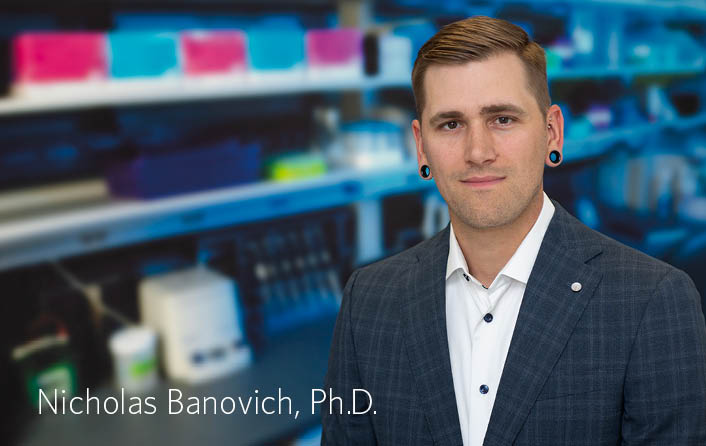
The Translational Genomics Research Institute (TGen), part of City of Hope, today announced the launch of the Center for Spatial Multi-Omics (COSMO), a service center dedicated to transforming biomedical research through spatial biology. COSMO offers an unparalleled suite of services designed to help scientists visualize and map molecular data at the single-cell level directly within tissues.
COSMO focuses on mapping entire tissue sections at subcellular resolution, preserving important cellular environments and structures for histological analysis. With its advanced technologies, researchers can examine thousands of RNA targets in great detail.
“With a focus on delivering innovative spatial biology technologies, COSMO offers highly customizable platforms that allow researchers to investigate the complexities of disease at a cellular level, paving the way for new diagnostic, therapeutic, and precision medicine advances,” said COSMO Director Nicholas Banovich, Ph.D., who is also a director and associate professor in the Bioinnovation and Genome Science Division at TGen.
The Center uses advanced technology from Vizgen and 10X Genomics.
Image based spatial biology:
- The Vizgen MERSCOPE provides highly accurate spatial transcriptomics, mapping up to 960 custom RNA targets at subcellular resolution. This platform works with both frozen and FFPE tissue samples.
- The 10X Genomics Xenium maps up to 5,000 RNA targets across two slides, with both modular and fully customizable panels for human and mouse tissues. This platform supports both frozen and FFPE tissue samples and enables post-run H&E or IF staining.
Sequencing based spatial biology:
- Visium HD offers high-resolution whole transcriptomic data mapping at 2nm resolution. This platform works with archived FFPE blocks and supports matched H&E integration.
Tissue processing services:
- COSMO also offers sample processing services including Tissue Microarray (TMA) construction, allowing analysis in a single capture area on multiple samples, which reduces both time and cost in experiments.
For more information on TGen’s Center for Spatial Multi-Omics or to explore collaboration opportunities, visit tgen.org/cosmo.
